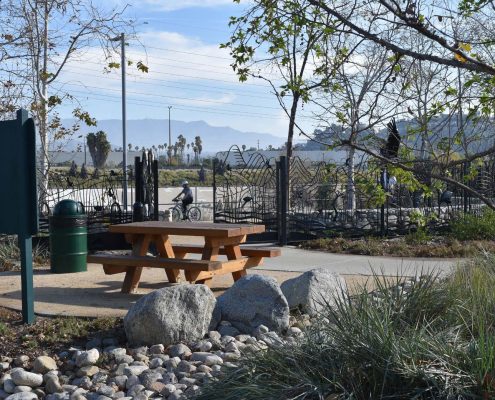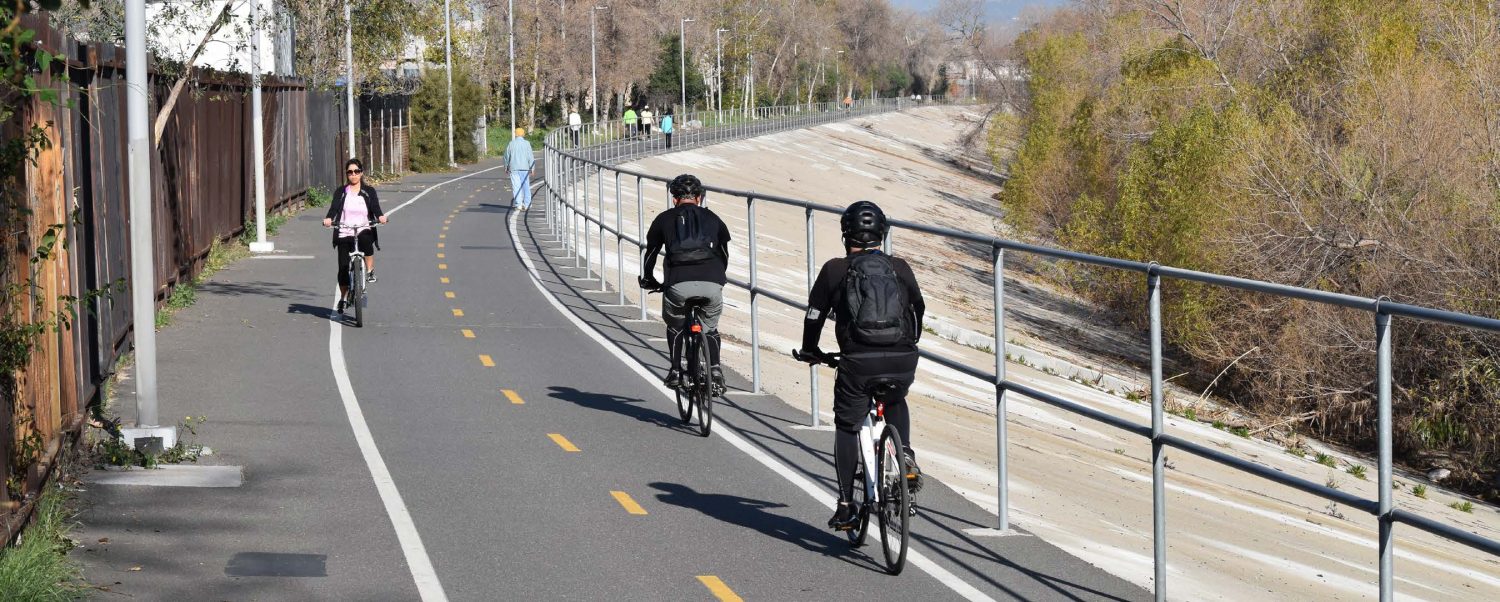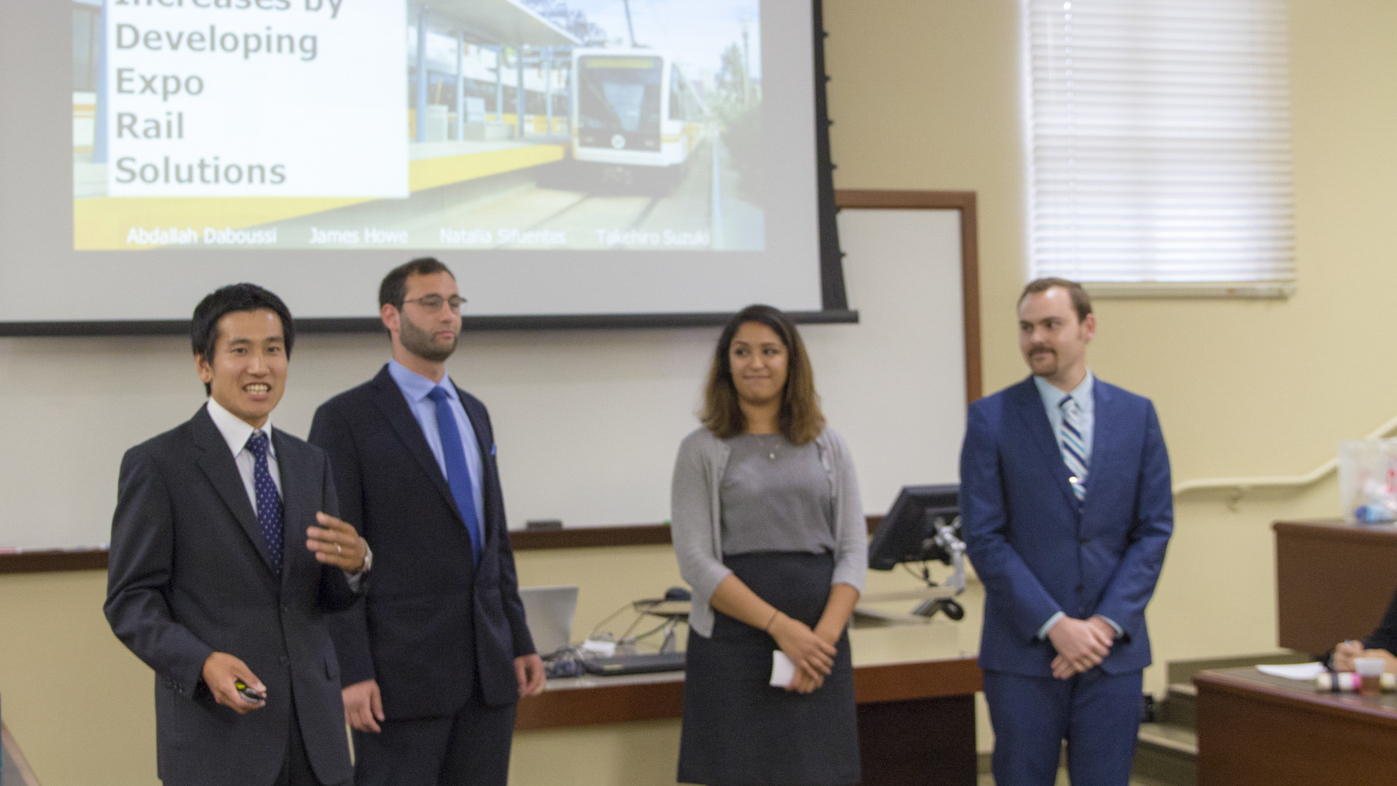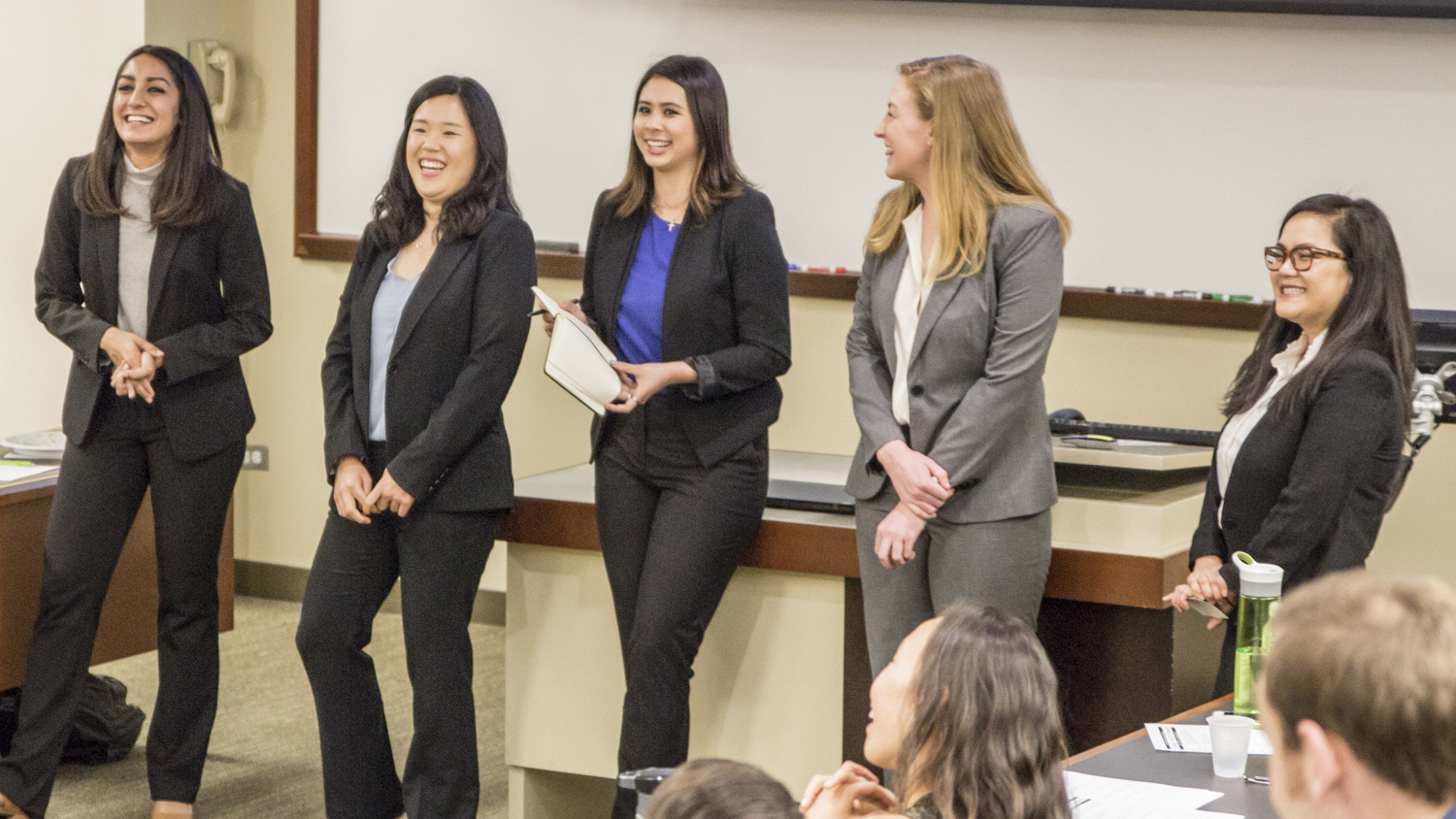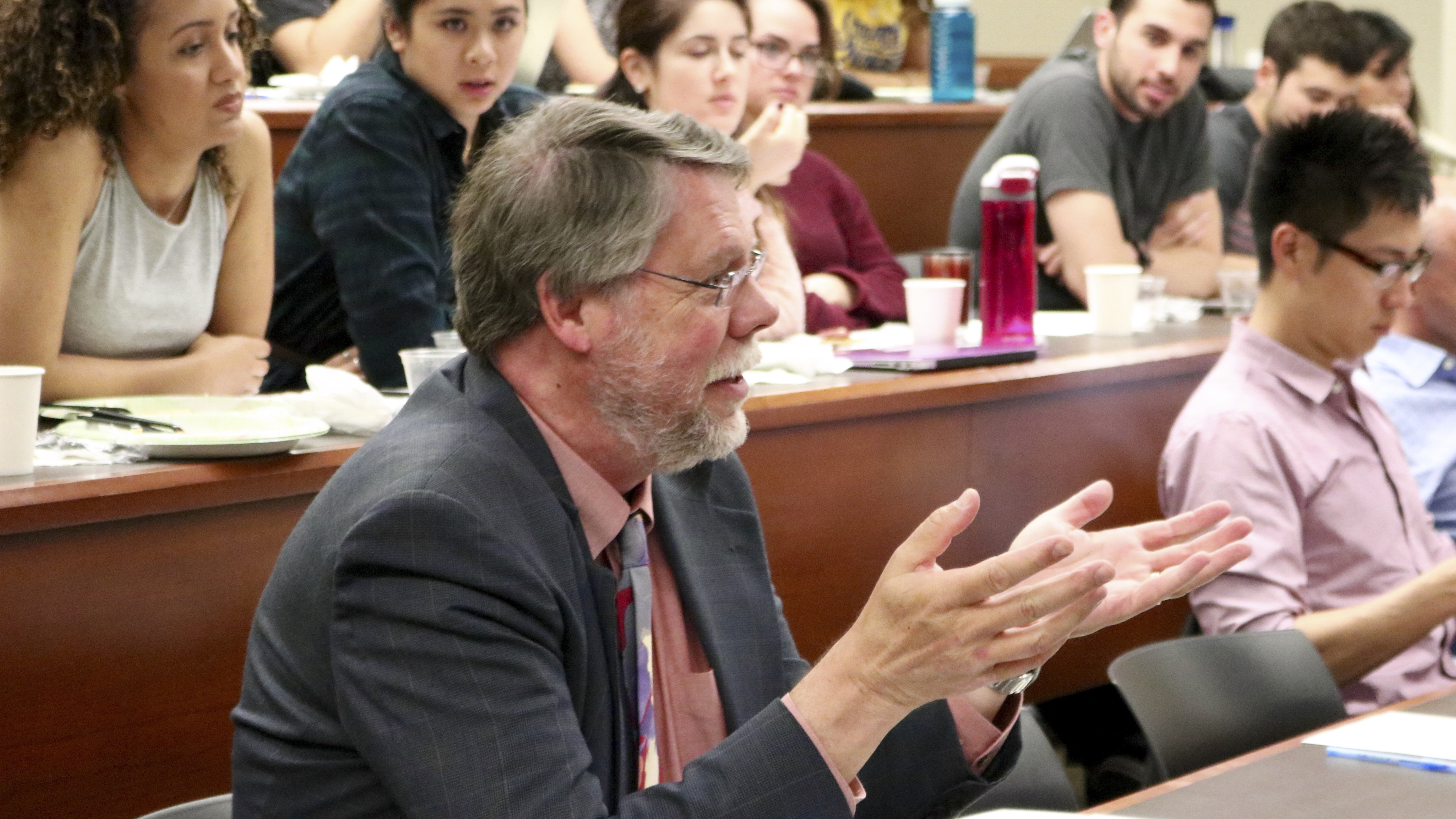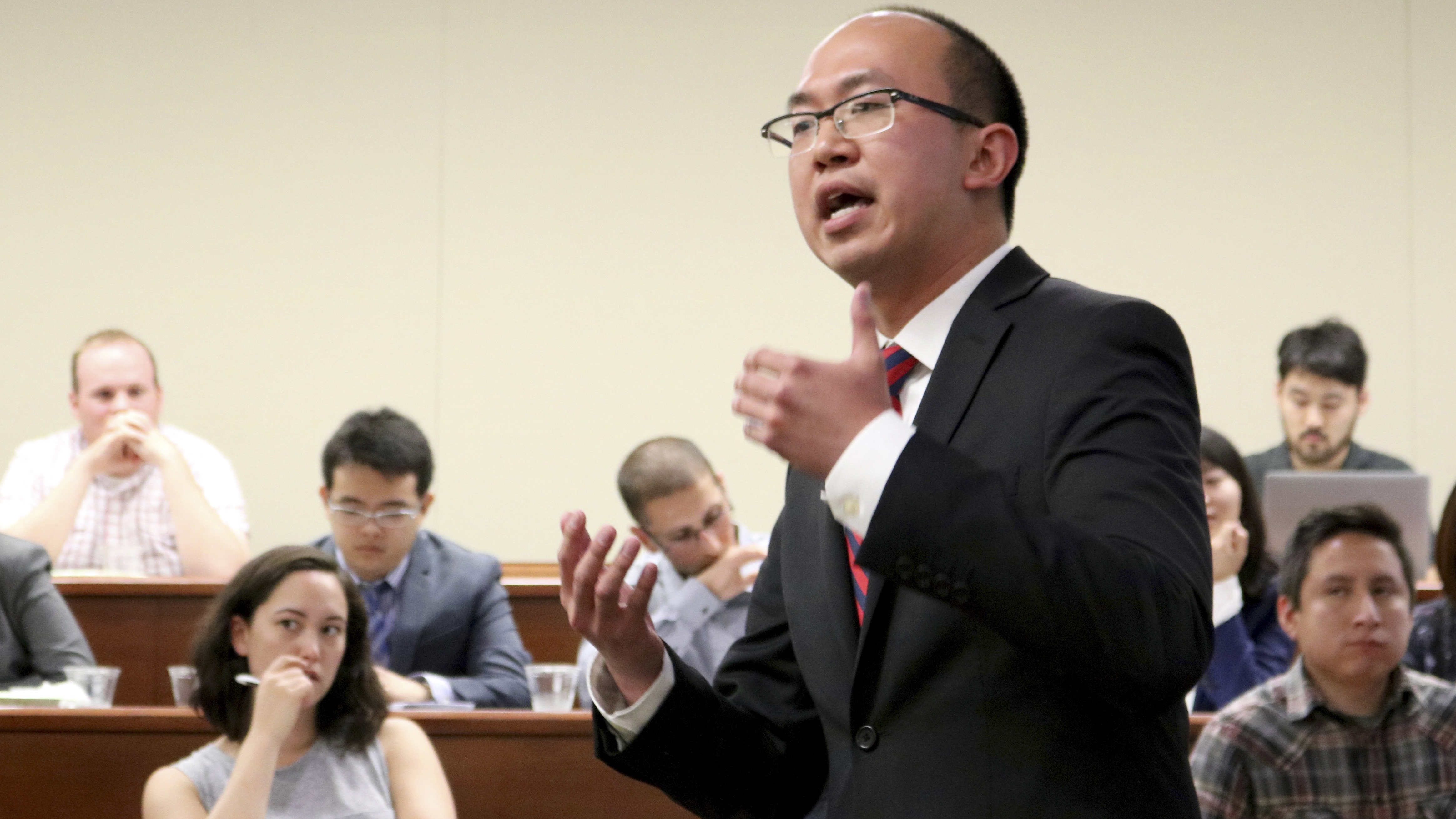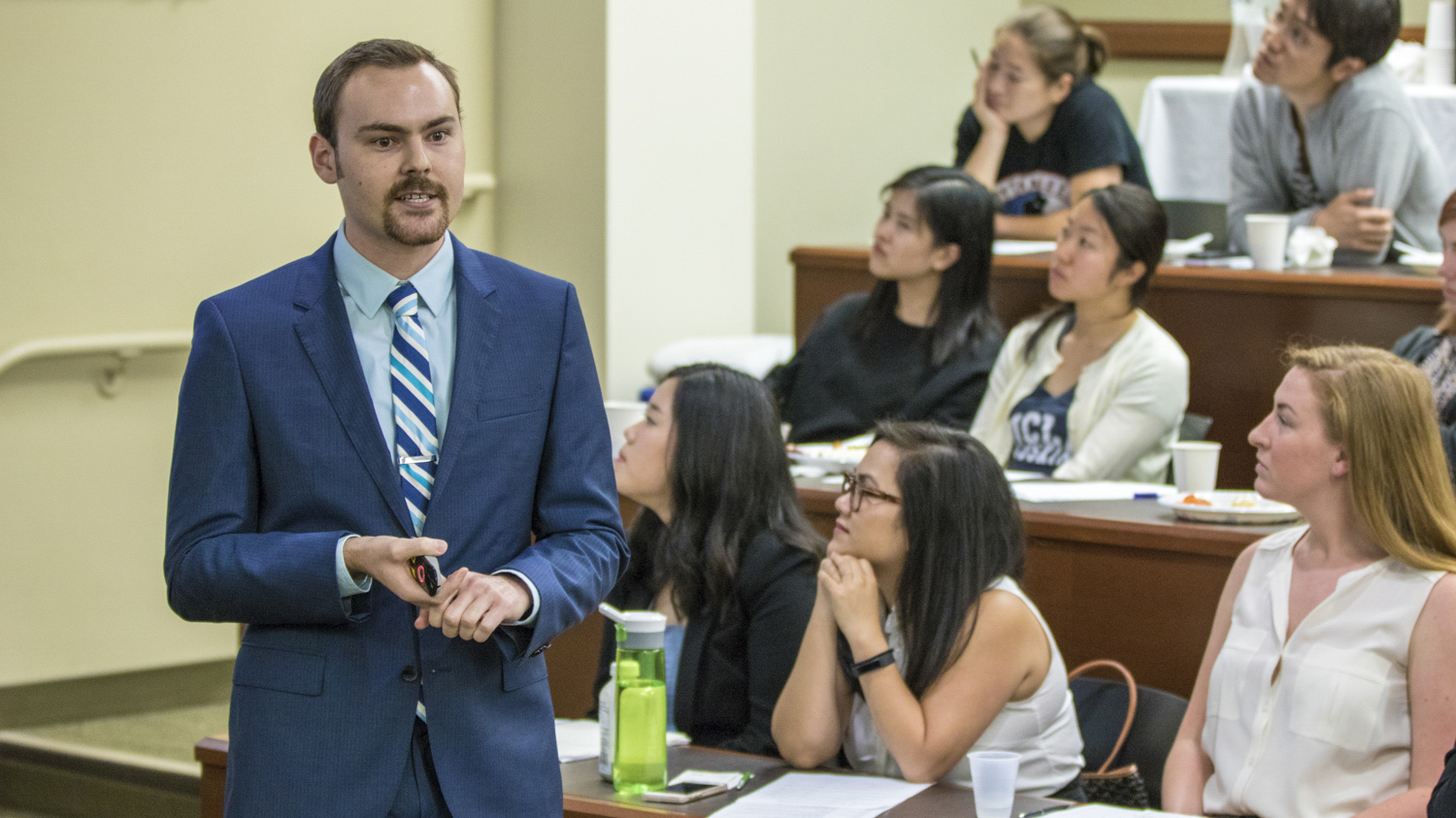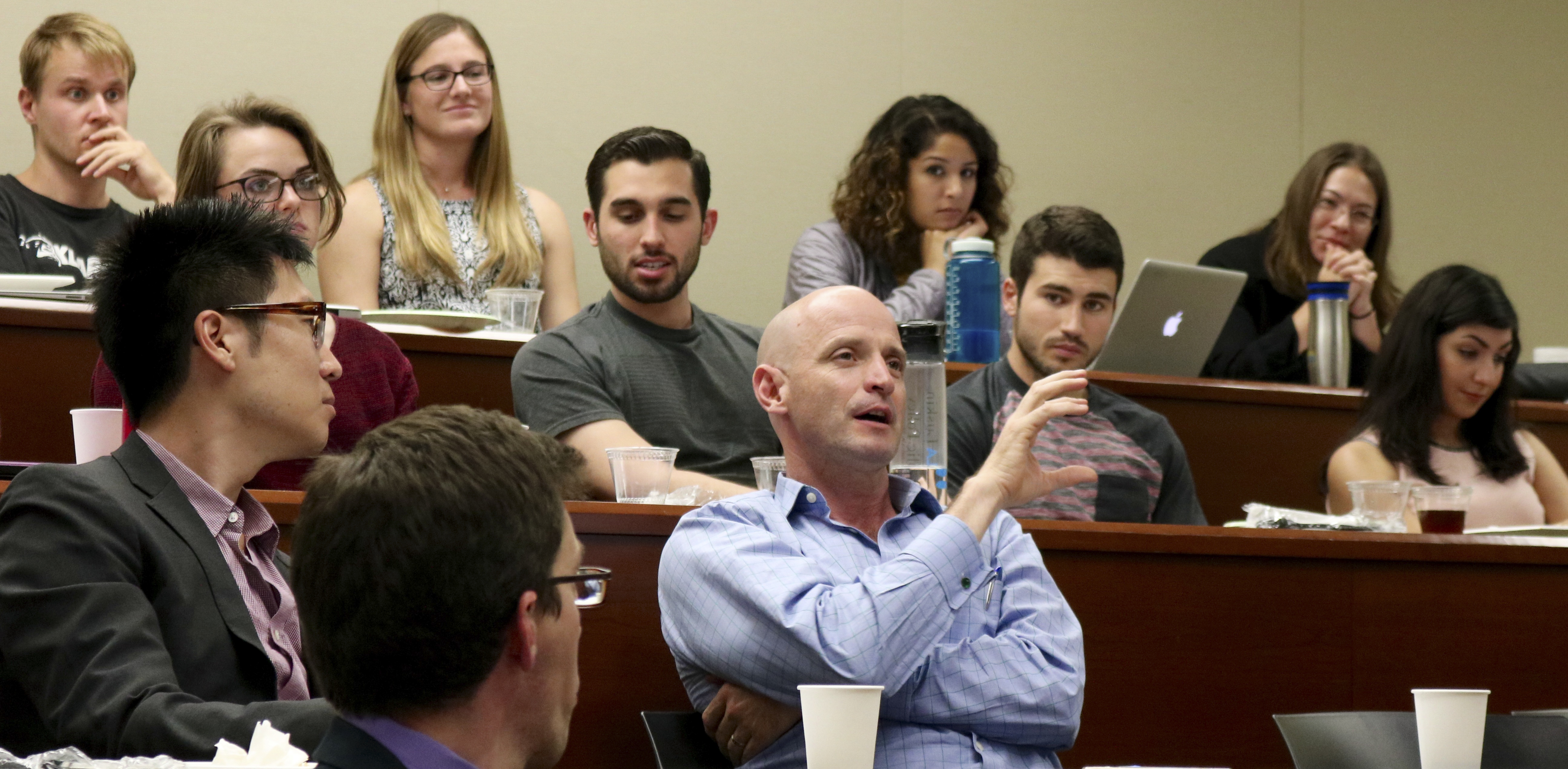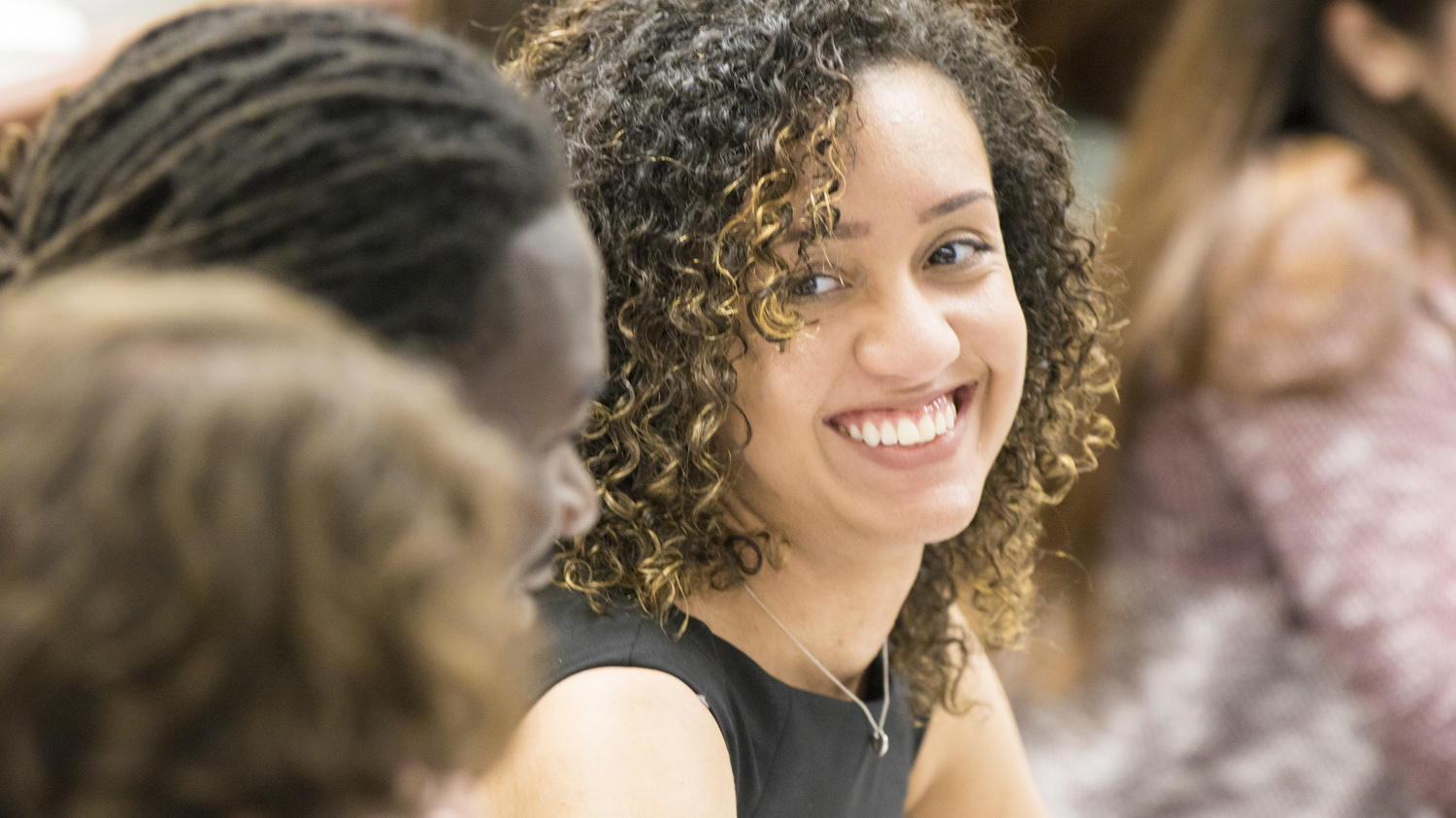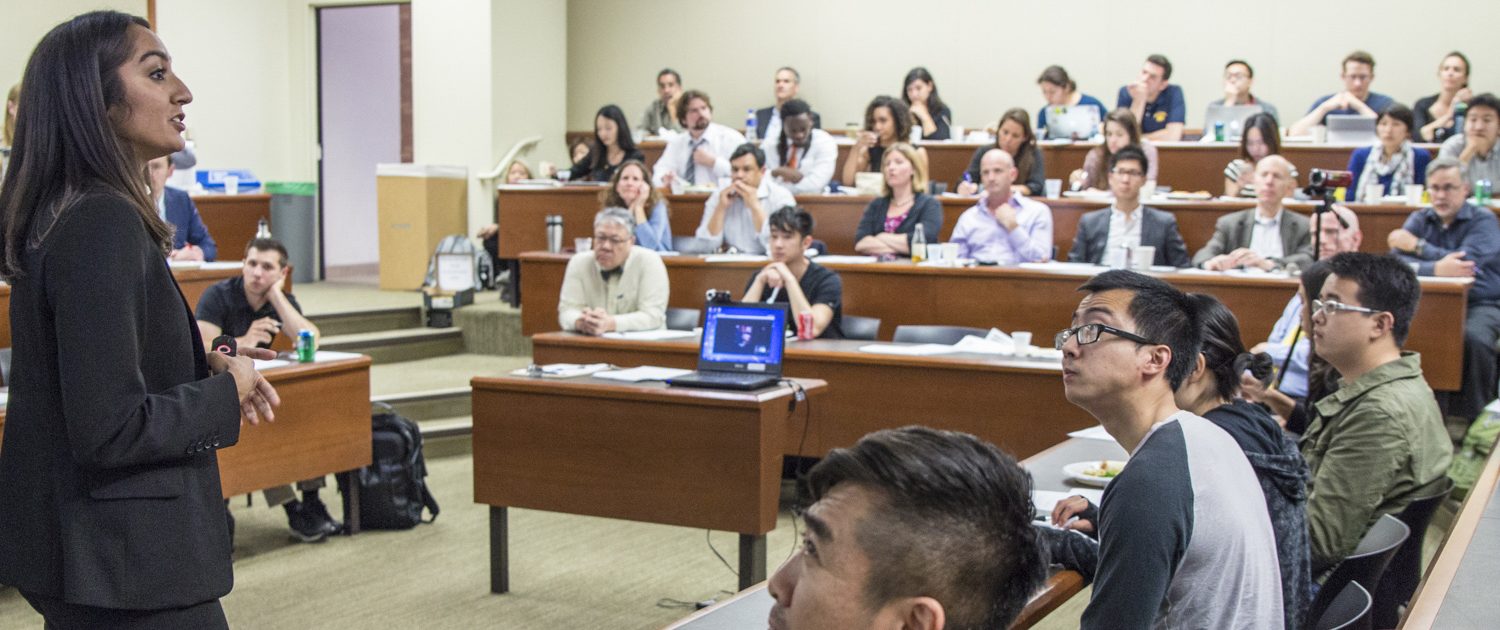Shining New Light on a ‘Red Light’ Profession Oxford handbook co-edited by UCLA Luskin researcher compiles latest economic research on prostitution
By Stan Paul
Although prostitution has been examined by various social scientists, the “world’s oldest profession” has received less attention from an economic standpoint. But that’s changing.
Thanks to the increasing availability of existing data sets on the internet, as well as new surveys that are being implemented, researchers have been able to gather valuable economic data that could help government officials in setting policy guidelines concerning prostitution.
A number of factors, including the proliferation of sexually transmitted infections (STI) and HIV/AIDS, especially in developing nations, have created the need to look at prostitution through an economic lens.
These subjects and other topics dealing with the sex trade are part of the newly published “Oxford Handbook of the Economics of Prostitution,” co-edited by UCLA Luskin School of Public Affairs researcher Manisha Shah and Scott Cunningham, associate professor of economics at Baylor University. A development economist and associate professor in the Department of Public Policy, Shah’s teaching and research interests focus on the intersection of applied microeconomics, health and development.
Researchers in fields from anthropology to sociology have looked at various facets of prostitution both qualitatively and quantitatively. The book’s co-editors cite the nature of economics as looking at problems in mostly quantitative terms, and the new data is yielding a wealth of useful — and often counterintuitive — information on this resilient underground economy.
“I think one of the things that always surprises me is how often the sex market looks like any other market that economists study,” said Shah, who has written on the topic in order to learn how more-effective policies and programs can be deployed to slow the spread of HIV/AIDS and other STIs.
“Most of the time, the predictions of economic theory play out in the sex market as well,” Shah said. “There are so many chapters that highlight this and illustrate that sex workers respond to incentives and prices in the same way that other market participants do.”
More than 40 researchers from around the world contributed to the book, divided into six parts: Supply and Demand, Sex Workers in Developing Countries, Men Who Have Sex With Men, Law and Policy, History of Prostitution Law, and Externalities: Sexually Transmitted Infections and Sexual Exploitation. Chapters include Economics of Sex Work in Bangladesh, Violence and Entry in Prostitution Markets and A Method for Determining the Size of the Underground Economy in in Seven U.S. Cities.
“We know that prostitution has important policy implications because of the effect that prostitution has on STI rates, risky behaviors, as well as its responsiveness to poverty,” Shah said. “But we don’t know as much about optimal policy design.” In addition, she said, most governments have not experimented with different strategies, so prohibition has been the most common policy.
The book also contains chapters that explain and use information collected directly from the web because prostitution continues to shift from the street to indoor sex work. Shah points out that the internet facilitates the functioning of illicit markets through free classified advertising, lower search costs and even client reviews of sex workers.
“Reviews create reputations for sex workers, much like eBay and Airbnb reviews create reputations for vendors,” said Shah, explaining that these “reputation mechanisms” are allowing illegal markets to function more like legal businesses. Shah said this is an important point because, in the illegal sector, providers and clients cannot access legal courts to enforce contracts.
“Reputation, in other words, is the mechanism by which contracts are enforced in illegal sex markets,” Shah said.
Policy makers need to understand the distinction between voluntary prostitution and sex trafficking, Shah said. “Too often these two get conflated. The social costs of sex trafficking are very high, whereas arguably the social costs of voluntary prostitution are lower.”
Pointing to recent government experiments in Sweden and New Zealand, for example, Shah said that policy makers should have a working understanding of how these markets function, as well as understanding theories of policies that can regulate these markets optimally.
“Policy makers can use this information to better design policies that can reduce sex trafficking as well as accompanying externalities,” Shah said, citing a detailed analysis of the Nevada brothel system, which, she said, “can help policy makers understand if there are elements of the Nevada policy that could be applied elsewhere.”
Shah said that with a better understanding of how these markets operate, optimal policies can be designed to reduce the harm associated with prostitution markets and lower the overall social costs.
“The book has explicit models to guide the design of prostitution laws,” Shah said. “We think these are one of the highlights of the handbook in general.”
